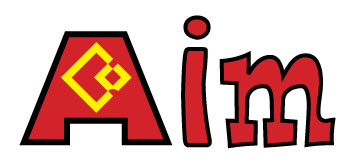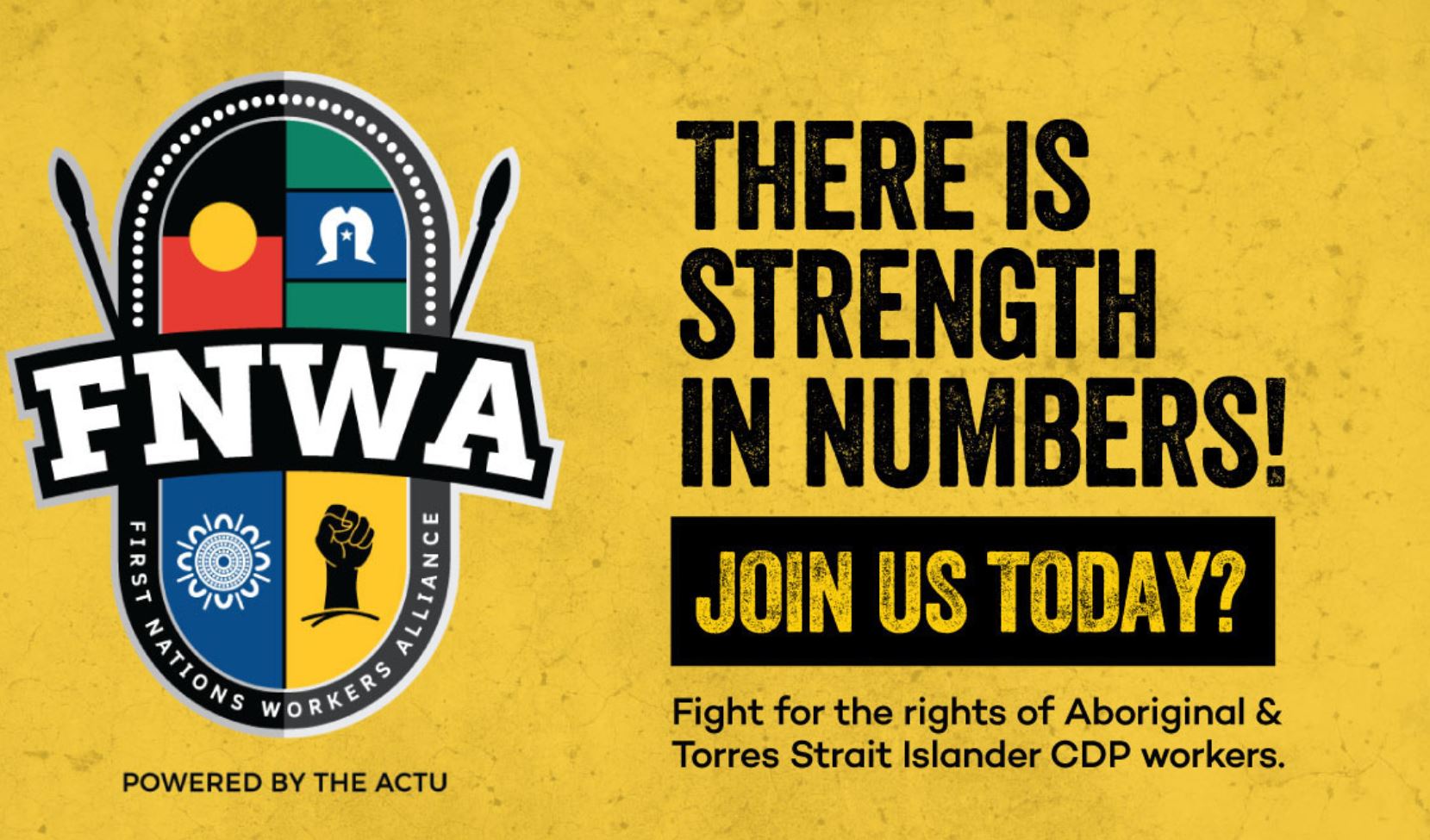Campaigns

Latest News
-
Racist work-for-the-dole program must be scrapped - Statement from ACTU Secretary Sally McManus
15 December 2017 -
Unions vow to end racist Community Development Program
16 August 2016 -
Unions mark 50th anniversary of Wave Hill Walk Off and struggle for Indigenous wage justice
15 August 2016 -
Unions urge Abbott and Barnett Governments to stop the funding cuts and closures of Aboriginal communities
01 May 2015 -
Union movement condemns forcible closure of Aboriginal communities
30 March 2015
AIM - ASU Indigenous Members
ASU Indigenous Members (AIM) share unique interests. There are many Indigenous members working in industries covered by the ASU around Australia.
The ASU is active on Indigenous issues within the Australian Council of Trade Unions (ACTU) and the various state and regional trades and labour councils. Read more about the ACTU's support for Indigenous workers.



